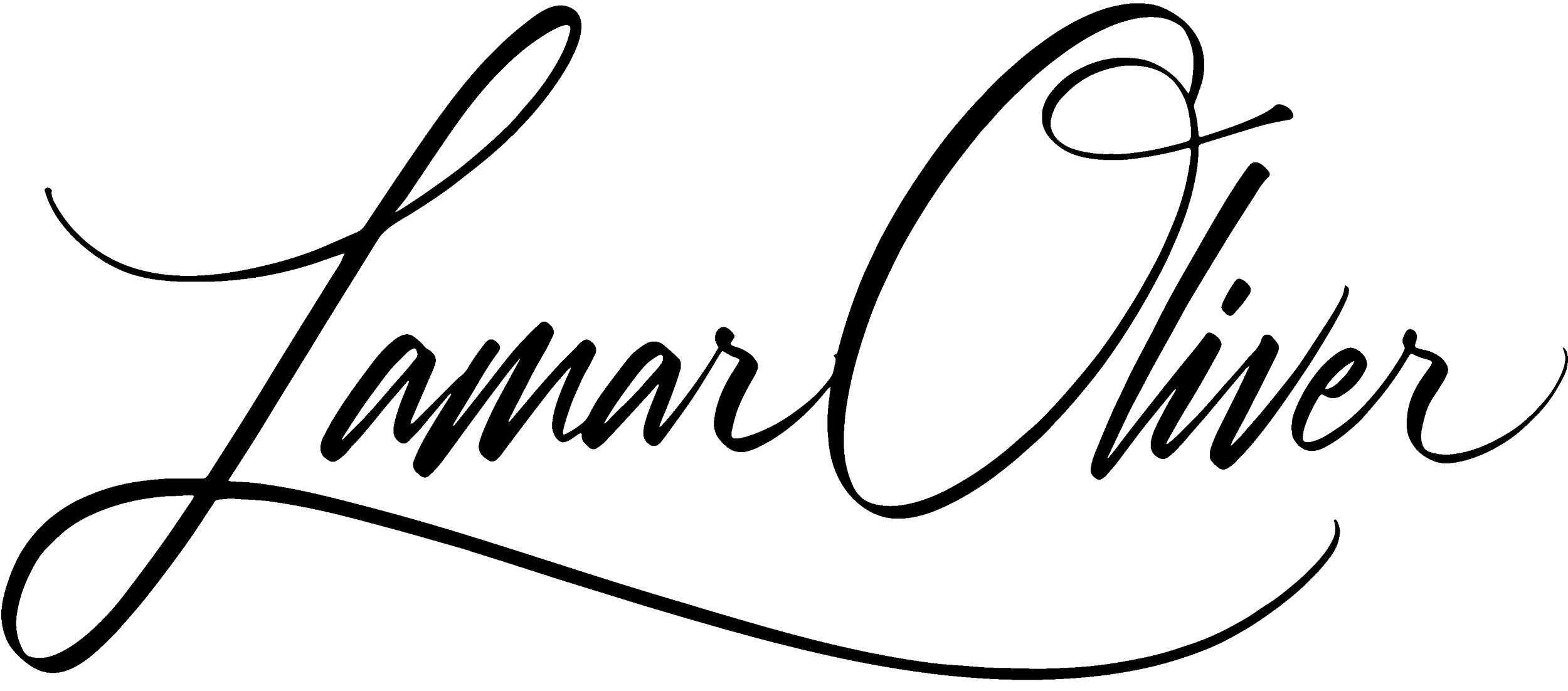PAGING DR. RORSCHACH...
I HAVE NOT SEEN ANY OF THE AVENGERS FRANCHISE.
I HAVE NOT SEEN ANY EPISODE OF GAME OF THRONES.
I FIRMLY BELIEVE THAT OBSESSING ABOUT PRESIDENT TRUMP (or any president, for that matter) positively or negatively to the point he can make you euphoric or bitterly angry and cost you friendships because you see things differently is truly sad, because no one outside your family should be able to have that much control over your emotions.
Based just on those three points above (never mind the denominational kerfuffles that are part of a pastor's life) I feel like a complete outsider on Facebook because those three (along with UMC controversies) comprise 90%+ of the stuff I see in my Facebook feed on a daily basis.
Now, the Avengers Franchise and Game of Thrones are things that I will probably get around to at some point, for that's just the way society works. It's amusing, more than anything, at this point to not be in the midst of those conversations.
When it comes to politics and religion, though, things get interesting. One of the great challenges of how I choose to practice my profession is my desire to keep my politics out of my work in the literal pulpit of the church and the virtual pulpit of life online. I know some of my colleagues disagree with me to the point they have made ministries that are perceived by some as nothing more than extensions of their partisanship or theology due in large part by mocking, ridiculing, and exhibiting nothing but contempt, hatred, and rage to those that dare see things differently. (And, unfortunately, fundamentalism is found on all ends of the political and theological spectrums of contemporary American culture.)
April 2019 saw two major items released that impact the world in which I live, and the circumstances of each drew me to the same conclusion - time to page Dr. Hermann Rorschach, who developed in 1921 the test that bears his name. The Rorschach Test, as I best understand it, was devised to help dive into someone's mindset by having them look at a series of 10 inkblots. The subject was directed to describe what they saw in the inkblots. Of course, each person would see what they wanted to in the inkblots, and everyone would reach a different result as no two people see everything the exact same way.
April 2019 saw the release of the Mueller Report and the rulings of the United Methodist Church's Judicial Council with respect to legislation approved at a special session of General Conference in February of 2019. There's been enough put out there that I'm not going to get into details here. The Mueller Report and the Judicial Council's ruling both point to the presence of the same thing that works to destroy so much that is good in our lives.
They point to the corrosive nature of unacknowledged confirmation bias.
Confirmation bias has always been an issue from the beginning of time, but our more highly connected and 'always on' world has fed the outrage machine to levels that are toxic to the point of paralysis.
Whether it is the Avengers, Game of Thrones, politics, or theological discussions within our own denomination, we see things through a certain lens because of our life experience that has made us who we are today. We all have confirmation bias within, even if we are not aware of its presence within us.
The question is: Are we open-minded enough to realize that we have the tendency for confirmation bias to cloud our judgement and opinion about everything, or do we fool ourselves into thinking that we are right no matter what?
One of the reasons so many people missed the resurrection was because they never allowed themselves to believe anything else was possible except that death was the final word in everyone's life.
Think about the person or situation that has you spitting nails. Think about the ways in which we look so harshly at others without any wiggle room for there to be a different understanding. Think about the situations that are 'just completely obvious' that only an idiot, imbecile, or a moron wouldn't see exactly the same way in which you do. Is there the possibility our deeply-held convictions could be, if not wrong, incomplete as we have not considered any other possibilities for why decisions have been made?
Think about how we form strong opinions (positive and negative) about people based off interactions OTHERS have had, rather than giving the benefit of the doubt that maybe our friends aren't telling us everything because of confirmation bias. Is there the possibility that we are simply seeing what we want to see in the inkblots of life rather than being open to a new thing?
HINT: Easter better force us all to re-examine things, or else, I would say, we missed a big part of the resurrection. Let's be sure our guide is Jesus, and let us thank Dr. Rorschach for giving us a tool that, upon further examination, helps us realize there might be more than one way to see a specific situation, person, thing, or ideology.
Grace and Peace, Lamar
P.S. I still haven't sat through a whole episode of The Simpsons, either. 🤷🏻♂️😳

